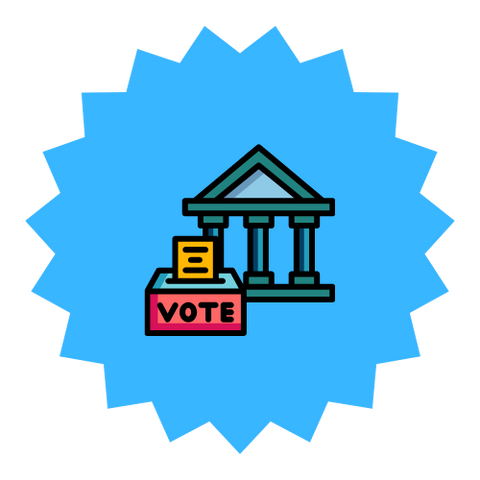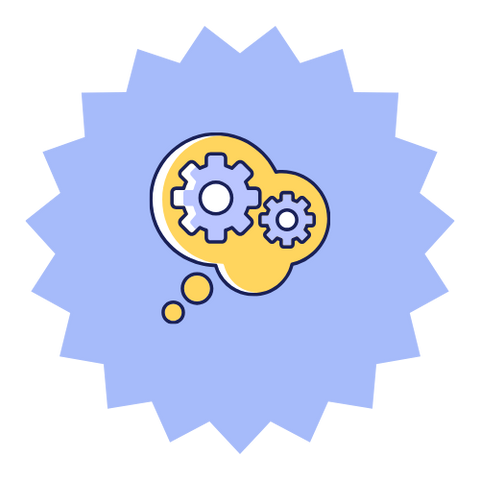Matthew
Matthew is a social studies and economics tutor who blends clear instruction with genuine rapport. He maps sessions to each student’s goals, balancing content recall with the skills exams actually test—argument, evidence, and application. With ADHD himself, he recognizes executive-function hurdles and builds in smart breaks, transitions, and low-stress correction so progress feels rewarding. Since 2013 he’s taught hundreds of learners across 13 countries. Matthew holds a B.A. in Economics and Political Science (University of Houston) and an M.A. in Global Affairs (University of Oklahoma). Before education, he toured the world as a drummer and producer—proof that curiosity can be a career.
Monday-Thursday: 9am - 9pm Central Standard Time
Sunday: 3pm - 7pm
Fridays and Saturdays: No Availability
My approach to teaching is very student-centered and grounded in relationship. I like to identify what the student's interests are as well as their learning style, and contour my sessions on an individual basis with each student. I also have my students practice skills as well as recall content, as both are assessed on exams. I enjoy the challenge of keeping each session fun and engaging, while on-task and purposeful toward the student's end goal.
English (native speakers)
Master of Arts: University of Oklahoma. Global Affairs, with concentration in Global Economics and Development
Bachelor of Arts: University of Houston. Economics and Political Science
I have been holding tutorials since I began my classroom teaching career in 2013, and have focused on online tutoring since 2023. I have worked with roughly 200 students online from 13 different countries.

My mission
My mission is to help prepare the emerging generation of students with a clear sense of self and an unshakeable commitment to upholding the dignity of every human they will ever encounter. Tutoring inspires me for many reasons, but it plays into my mission in the sense that I am often tutoring students who fall between one of the many cracks in our education systems, either academically, relationally, or emotionally. Being able to work as a teacher / mentor / coach as a tutor is an enriching experience that was not very accessible to me in my classroom teaching career, carrying on average 200 students per year.

My Story
I was born and raised in Houston, Texas, and have lived here as adult for the past 25 consecutive years. My parents chose to enroll my brother and me in a very small private school for elementary and middle school, and then we sent into a massive public high school, which was a challenging transition for me. I overcame that by immersing myself in music and starting a band with my best friends, which ended up working out! However, once I wanted to settle down I moved back to Houston, finished my degree, and worked in the non-profit sector for roughly a decade, leveraging the arts to bring awareness to many social justice issues around the globe. In this work I found myself giving public speeches and educating people on these issues quite frequently. After enough people told me I should think about becoming an actual professional licensed educator, I did. I still write and produce music but the main work in my life is teaching.
Cognitive Diversity
How I adapt to students with diverse intellectual needs.As someone with ADHD I can typically spot these things in students rapidly. What many teachers disregard as "laziness" in a student I know to be issues with executive functioning, task paralysis, rejection sensitivity, rumination, and overwhelm. When working with students on the ASD spectrum I work with their case liaison to assess whether we are looking at accommodations or an actual modified curriculum, depending on the student. What is most important, though, is that the child feels completely seen, heard, and respected by their teachers and tutors. Without that there can be no trust, and without trust we will have very limited results.
As someone with ADHD myself I take very seriously the symptoms and behaviors of students with ADHD. Incorporating breaks, managing transitions between tasks, and sensing when a student is becoming overwhelmed are core practices in working with neurodivergence in students. ADHD is reward-based, not punitive-based, so the most important thing is never making or allowing an ADHD student to feel like they have failed when they miss a question, but rather to offer opportunities to correct themselves and then respond to a corrected answer with some sort of reward.












